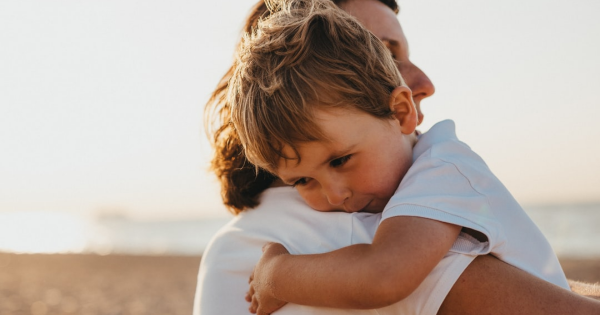
In the U.S. today, around 39% of marriages end in divorce. While that’s not a fact many of us like to think about, it’s important to give this topic careful consideration — especially if you share children with your spouse. Nearly ⅔ of all second marriages end in divorce. And upwards of 80+% of marriages with children who have special needs end in divorce.
Although custodial arrangements can often be reached without a contentious court battle, it’s important to understand some of the basics before meeting with a child custody lawyer in NJ. Of course, knowledgeable child custody lawyers can provide you with guidance pertaining to the particulars of your case. But today’s post should serve as a helpful introductory guide to child custody for New Jersey families.
What’s the Difference Between Sole Legal Custody and Joint Legal Custody?
There are a number of different legal arrangements that child custody lawyers will see in their cases.
Legal custody provides one parent (or both parents) with the right to make medical, educational, religious, and other decisions on the child’s behalf. In New Jersey, both parents start out, presumably, as having equal rights to the care, support and decision-making regarding their children. Because of this, it is very uncommon for a parent to have sole legal custody as absent compelling circumstances, both parents generally will play a role in making these major decisions for their children.
Joint physical custody typically means that children will split their time in a relatively meaningful way which most parties can work out, and which is not necessarily an equal split of time. There are all sorts of arrangements that child custody lawyers help to create which parties enter into and which are supposed to first consider and support the best interests of the children involved.
How is Child Custody Determined?
As mentioned above, child custody can be arranged in many different ways. In New Jersey, courts and qualified counsel go to efforts to try to resolve matters without the need for a judge to decide them. Some agreements involve 50/50 custody, in which the children split time evenly or nearly evenly between their parents’ homes and parents share equal responsibility in making important decisions.
However, it really depends on the circumstances of each case and what is best for the child. A court may find that 50/50 custody is inappropriate and could be potentially harmful if there’s a history of domestic violence or substance abuse stemming from one parent or if a parent has a lack of interest in providing for that child.
If there are siblings involved or if one parent served as the primary caregiver for most of their lives, that may also be taken into account when determining these arrangements. In addition, the children’s wishes also matter, but do not determine where they will reside primarily when the Court is required to decide such a sensitive issue.
What If the Parents Can’t Agree on Child Custody Arrangements?
Ideally, it’s best to work out custody arrangements before a painful and costly court battle ensues. As child custody lawyers will tell you, New Jersey courts will require parents to participate in mediation in order to try to resolve custody issues. In some situations where an amicable agreement can’t be reached, custody evaluations will be performed as part of a court case to determine what’s best for the children involved. Of course, this can be a lengthy, expensive, and frustrating process, which is why it’s best to work with a lawyer who can help you facilitate a successful resolution.
No one ever pictures themselves going through a divorce, much less a custody dispute — and navigating these challenges can be even more difficult when you share children. However, having an experienced lawyer on your side can make all the difference. For more information or to schedule a consultation, please contact us today.